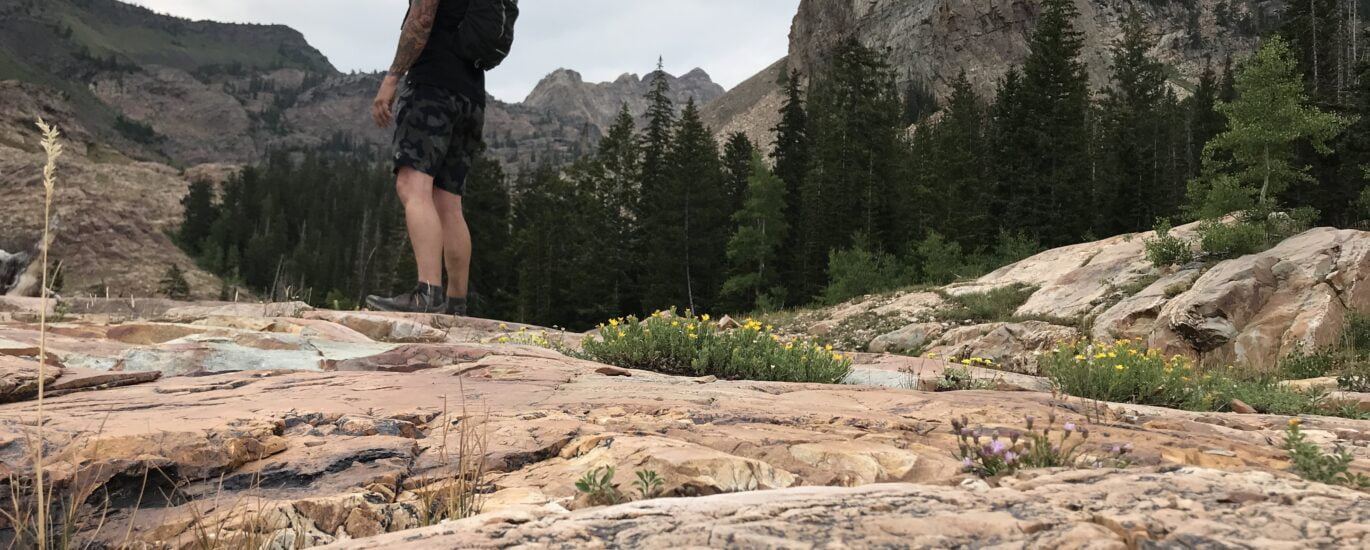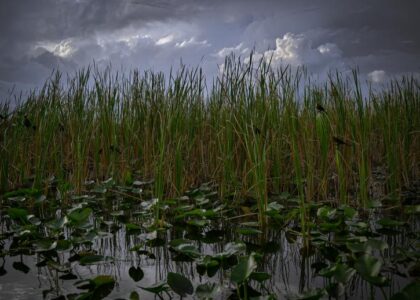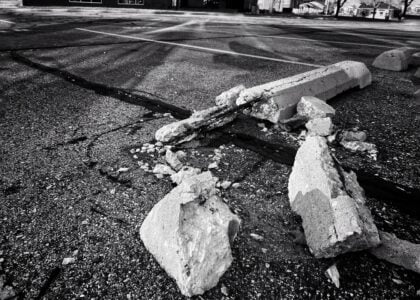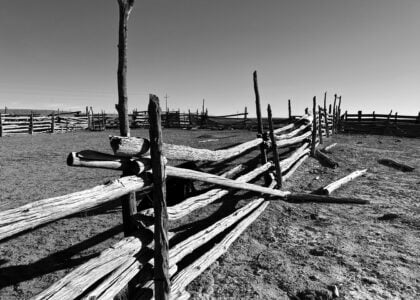“We wear the mask that grins and lies,
It hides our cheeks and shades our eyes,—
This debt we pay to human guile;
With torn and bleeding hearts we smile”
― Paul Laurence Dunbar
A few days ago, I exposed some of my deepest pains and fears. It was one of the scariest things I‘ve done in a while, I sat with some pretty crazy anxiety for a bit after I published it and I’m grateful for those of you who have been here to keep me on my feet, there have been some real low moments in the past 3 days and I’m not sure where I would be if a few of you hadn’t been there at the exact right moments, I cannot say thank you enough. I’ve never really experienced anxiety on this level, it’s a whole new game, and the stress of wondering what might be the next surprise to derail me, to turn me into a trembling, sobbing ball is daunting.
I imagine I’ve been wearing a mask of one form or another since that day I first struck back and realized I had some power to stop or change what was going on thru meanness and aggressiveness – my best defense became offense and I quickly learned the ways of the jungle. The scarier, and harder to reach I outwardly appeared, the less likely I was to get teased, picked on and beat up. The very tools that were being used against me instantly became the tools I would learn to use to protect me. I withdrew, I became more shy and more guarded. My circle of friends tightened up and my interests became more fringe and more focused. And it worked, or at least it made some things better, or more tolerable. I didn’t tell my parents or teachers, not sure I even told my friends, I just decided no one was going to hold me on the ground and hurt me ever again. I built a wall, I started to harden my heart, and harden my fists, and harden my resolve. The cost was vulnerability, the cost was an ability to show and feel empathy, I lost the ability to be openly honesty about my feelings and emotions, both internally and externally. Ultimately, it cost me nearly everything I love, it has caused tremendous pain to many of my closest friends, the most important person in my life won’t or can’t speak to me, and I have absolutely shattered my own self-image and self-worth (what little I had).
Originally I spent a bunch of lines here looking at the foundation and evolution of this Character I learned to play, but I think I said enough above and you can probably figure it out enough. I think the key is that I sought acceptance with people and things that made me feel strong, untouchable, distant, hard, and unfuckwithable. The Marine Corps, hardcore music and eventually the mountains. I think that the Corps and the violence I was associated with In the hardcore scene gave me tools and screens to hide behind. I went from being the skinny kid everyone fucked with to the kid who would back down from no man, no odds. I had a few nicknames that I wore as a badge of honor, “Warrior” and “Hard Jake” are the most common. And don’t get me wrong, fun was had mischief was rampant and I didn’t think my life was too hard. Somewhere early in my Marine Corps days (school of infantry at Camp Pendleton seems to be the point) I went from a kid who got drunk at high school parties and stole shots from my parents to a functioning alcoholic. (Which I got into here).
So let’s focus on the mountains, and how my past set me up for tremendous success while simultaneously setting me up for the fall.
I still remember the first fatality I worked as a ski patroller. It was my second or third season. I wasn’t first on scene but I brought the rig. A young father, new to skiing, had been convinced by his pre-teen boys to venture off the beginner hill and onto a low end intermediate run. He had made it through the crux and on the homestretch to the lodge. He caught an edge, tumbled into the woods, and despite wearing a helmet, his head resembled a hard boil egg that had fallen off the table. He was never conscious but he was alive. I remember his body fighting to stay alive even though the thinking part of his brain was dead. I remember his kids blaming themselves while we worked to save him. I remember putting him in the helicopter and watching it fly away, leaving his kids and wife behind. He died in the ICU a few days later, massive head injury with a brain stem bleed. Almost always fatal. He never regained consciousness and he never got to say goodbye. I recall the Critical Incident Debrief, it was little more than a facilitated bender. A few folks from upper management, the insurance company and our medical control were there. Along with plenty of beer, whiskey and other illicit substances. After a brief talk about the accident, the injuries and what, if anything, we could have done better or different, there was a short period for folks to chat, a help line number got put on the chalk board and the drinking began. I don’t remember how much I drank or how drunk I got, I likely got in my Bronco and drove down the canyon at some point, slept a few hours and then was back at it early the next morning. But I remember what I learned and how it shaped the rest of my career.
I became the unflappable mountain rescuer. Able to make calm, cool decisions in high stress, high consequence environments. I taught myself to not allow any emotion around death and carnage. I couldn’t afford to be bogged down by it. I romanticized the hard drinking, womanizing patroller in my head and made conscious efforts to wear that mask every day, I was always in character. I thought of myself in the veins of Bukowski and Hemmingway, knowing a tragic end was coming, thinking my lifestyle would kill me, so my family wouldn’t know the pain I was in and suffer the embarrassment and pain of suicide.
I was a firm but fair leader, always striving to do more, to have more certifications and merit badges, to lead everything, to be seen as the most capable, most confident, highest valued member of any team. I proliferated the pain. Teaching people to suck it up and go back to work, not letting them work through their own feelings and trauma. I told people to get over it, to get back to work and it would all go away.
My need for outside acceptance and validation became a cancer. It turned into a horrible lie that was tearing me apart and I knew it years ago, but I was so afraid of being ostracized and rejected if I allowed people to see my true self that I kept getting into character. Even after I left the resort, I maintained the illusion.
I’m good at what I do in the mountains. I’m good at teaching people to be good at what they do in the mountains. I have accomplished plenty, I have impacted countless lives in positive ways and I have witnessed immense pain, sorrow and loss. I recently did an inventory of the friends I have lost in the mountains, the students who have made poor decisions and perished and the overwhelming number of close friends who have ended their own lives. It’s a huge list, I’m not even counting all of the body recoveries, the on-hill fatalities and SAR missions, I’m sure it’s not even complete, I’m realizing as I learn to process old grief that with each death I allow to work through me, I remember another I had forgotten. And this is where the mask failed me.
All those deaths, all those traumatic injuries, all those families, coworkers, and peers I couldn’t console, they all got processed the same way. A few very public minutes of sadness, maybe some tears, some drinks (sometimes a few, sometimes many), some sort of romantic toast about Valhalla or some nonsense, and then I put my boots on and went back to work. I buried it all in a box deep inside that was never meant to contain any of it, let alone all of it. My external façade and coping mechanisms, had actually created a ticking time bomb. One that had a few minor, but mostly harmless and contained explosions over the years but it was primed for full destruction mode.
I will write about this separately, but I think a life and career in a high stress, high risk environment added phenomenal levels of stress and anxiety to my situation. My body and brain have been running on Cortisol overload for more than 20 years and the system was about to break.
“Don’t you know that a midnight hour comes when everyone has to take off his mask? Do you think life always lets itself be trifled with? Do you think you can sneak off a little before midnight to escape this?”
― Søren Kierkegaard
I said above I knew it was happening. I remember watching friends grieve at a memorial and wanting to be part of that, to shed genuine tears and express genuine emotion, but I couldn’t. So I kept it inside and put it away. Unable to be genuine to myself and my suffering because someone might catch me out of character and see the real me, the soft inside that was in tremendous pain and unable to ask for help. Unable to say I’m not ok.
For the first time the mask is gone. The pages have finally been closed on that character. There will be no more sequels or chapters. He’s dead and laid to rest. And with it so much anger and rage, maybe all, has left me. The chip on my shoulder with the world is gone, and I’m here, exposed and vulnerable. Excited at the prospect of a new, healthier, happier and more genuine me, but also absolutely terrified to face the world in this state. But I will, the new me will learn new ways. I will be more open to life, the world and its experiences, less influenced by the distortions the mask created.
I’m not a victim. Some bad things happened in my life, but lots of good happened too. I made some bad choices and I became horribly addicted to alcohol. But every horrible thing I have done can be repaired, I have made a lifelong commitment to sobriety, to learning and developing better tools, and to being emotionally honest with myself and the world.





